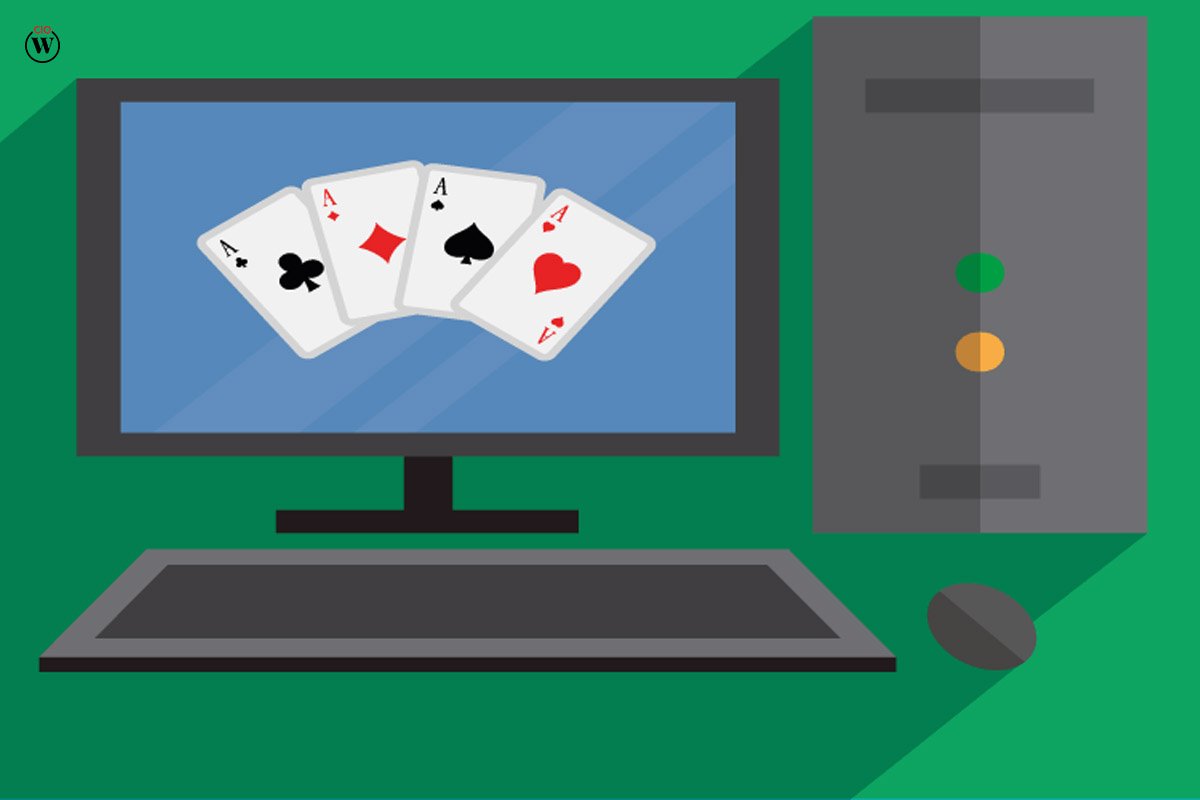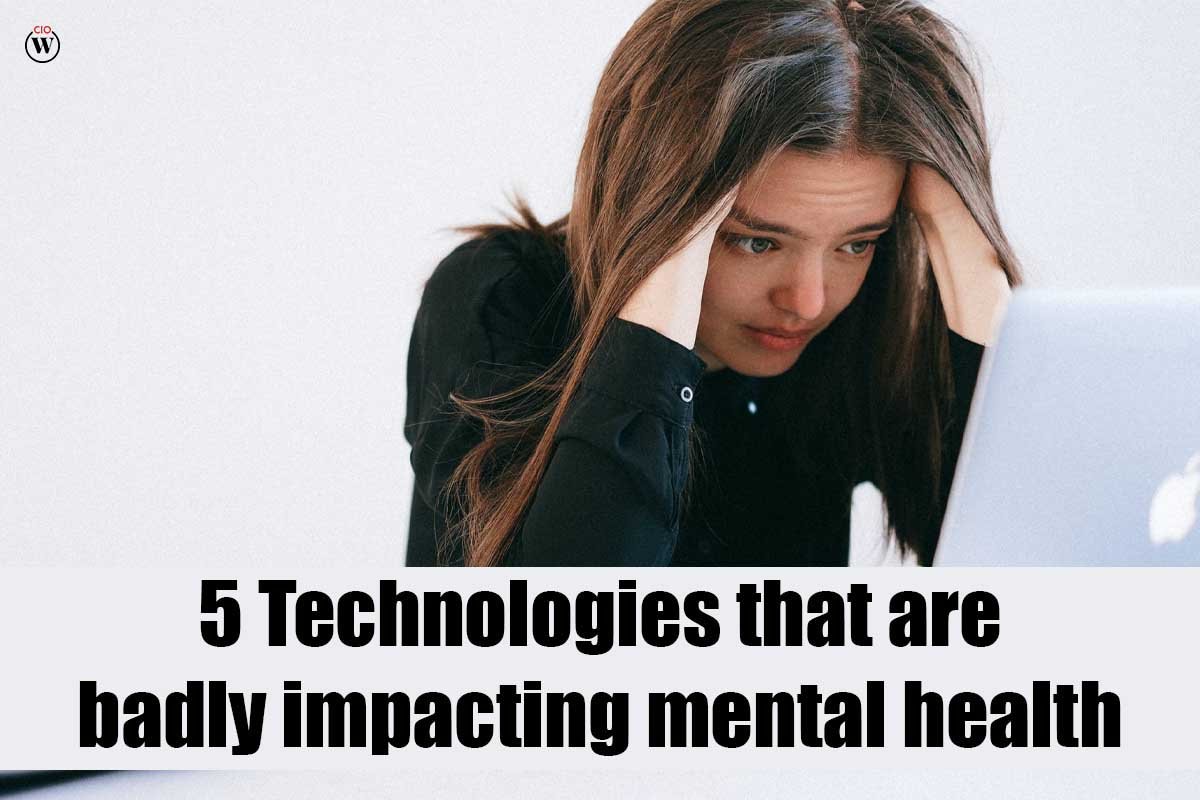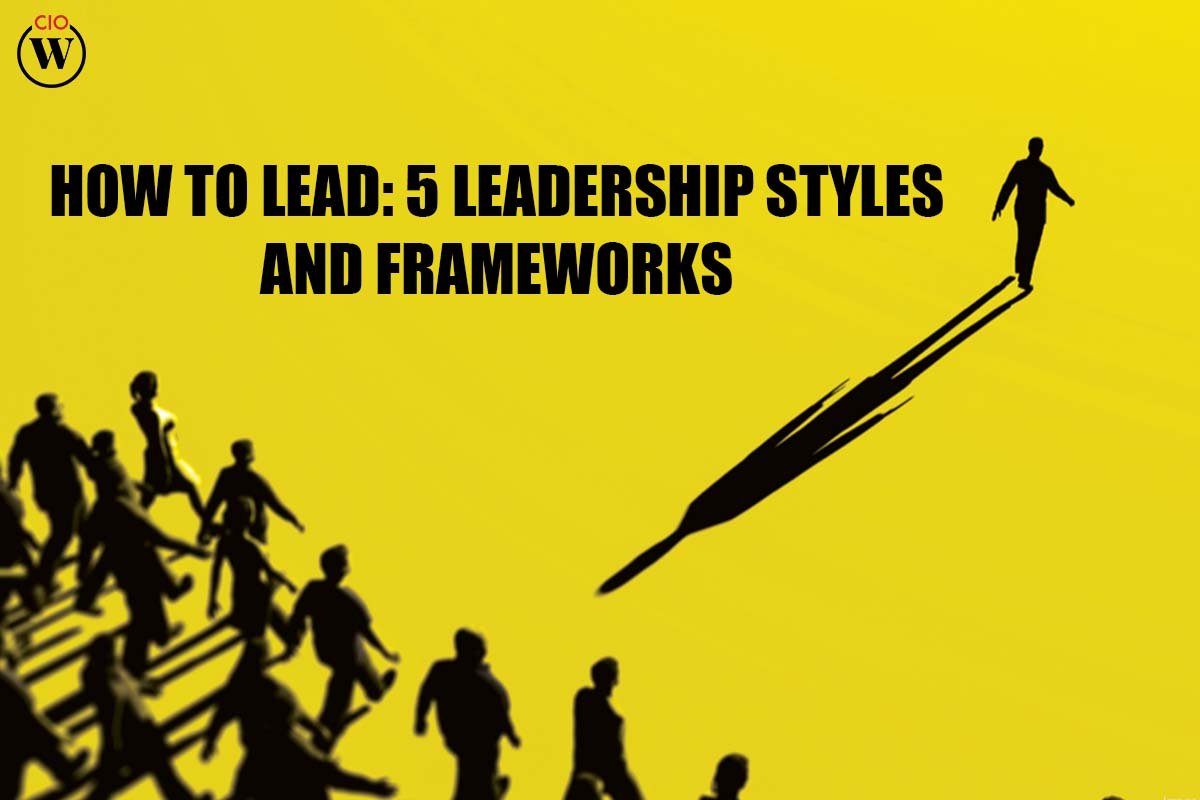In spite of the fact that technological advancements are making it easier to get mental health care, more and more people are also suffering from mental diseases. People are less likely to have meaningful social encounters because they spend so much time using electronic gadgets. [Cause and effect Technologies Impacting Mental Health] This plays a role in the development of emotions of isolation.
Here are 5 Technologies impacting mental health;
1. Sleeplessness brought on by using Sleep-Inducing Devices at Night
Using your electronic gadgets too much in the hours leading up to night might cause insomnia. According to the National Sleep Foundation, this is caused by the short-wavelength artificial blue light that is emitted by digital devices. This light throws off your body’s internal clock and circadian rhythm, and it also prevents the release of melatonin, which is the hormone responsible for inducing sleep.

According to the foundation, the difficulty of falling asleep and remaining asleep increases in proportion to the number of electronic devices that a person uses in the evening. “The use of these devices before going to bed delays the onset of REM sleep, reduces the total amount of REM sleep, and compromises alertness the following morning. This is in addition to Technologies Impacting Mental Health, the fact that they make you more alert at a time when you should be starting to feel sleepy, which in turn delays your bedtime. These consequences, taken together, have the potential to mount up over time to a large and ongoing sleep deficit.”
2. It’s possible that spending too much time on social media may make you more anxious.
The negative consequences that Technologies Impacting Mental Health has on our lives have an adverse influence not just on our physical health but also on our mental health.
A nationwide study conducted by the University of Pittsburgh Center for Research on Media, Technology and Health found that young people who use seven to 11 social media platforms had a risk of sadness and anxiety that was more than three times as high as those who use two or fewer platforms.
According to Brian A. Primack, head of the research institute, “This link is robust enough that doctors may consider asking their patients with depression and anxiety about multiple platform usage and advising them that this use may be connected to their symptoms.”
3. Internet problem gambling

A study that was conducted in 2015 discovered evidence that those who bet online had greater rates of Technologies Impacting Mental Health comorbidities as well as higher quantities of drug use when compared to people who do not gamble online. Yet, there is no evidence to suggest a causal relationship. The review posits that there may be cohort differences between problem gamblers who gamble online and those who gamble in traditional settings, such as casinos.
4. Cyberbullying
There is evidence that bullying in any form, including cyberbullying, which involves the use of social media or other forms of electronic communication, may have a harmful Technologies Impacting Mental Health. It’s possible for victims to have poorer self-esteem, increased suicide thoughts, diminished enthusiasm for their typical activities, and a wide range of emotional reactions, including being terrified, disappointed, furious, nervous, or sad. It is also possible for these sufferers to start isolating themselves from their friends and family members.
According to the EU Kids Online project, the percentage of children in seven European nations between the ages of 8 and 16 who were victims of cyberbullying rose from 8% to 12% between the years 2010 and 2014. Increases of a comparable kind were seen in both the United States and Brazil.
5. Media multitasking
Media multitasking Technologies Impacting Mental Health, which refers to the practice of using numerous digital media streams at the same time, has been demonstrated to be connected with symptoms of depression, social anxiety, impulsivity, sensation seeking, poorer perceived social success, and neuroticism. According to the findings of a study conducted in 2018, heavy media multitaskers had overall worse performance in a number of cognitive areas, despite the fact that the relevant research is few and unclear.

According to one of the authors, the findings do not “clearly demonstrate that media multitasking causes a shift in attention and memory.” As a result, one may make the case that using digital media to do many tasks at once is inefficient.
BOTTOM LINE
The vast majority of interactions that take place online are hostile. The information that we see on the internet is the root cause of social comparison, feelings of isolation and exclusion, as well as cyberbullying. These negative repercussions lead to increased levels of both anxiety and despair.
The use of technology has a detrimental impact on not only our minds but on our bodies. An increase in screen usage, particularly in the hours leading up to bedtime, might make it difficult to fall or stay asleep. Yet research shows that individuals become less sedentary as they spend more time using their gadgets. Yet poor sleep and a lack of physical exercise also contribute to bad mental health.
Also read: 5 Top Exercises for Improving Your Cardiovascular Health
The patterns of addictive behavior only perpetuate the cycle. Since dopamine has motivating effects, it might be difficult to refrain from using technology. Because of this, emotions of addiction to electronics are created, making it difficult to refrain from using them despite the fact that we are aware of the negative effects they have on our mental health. As is the case with anything else, employing technology in moderation may assist manage the effects of its undesirable side effects.









